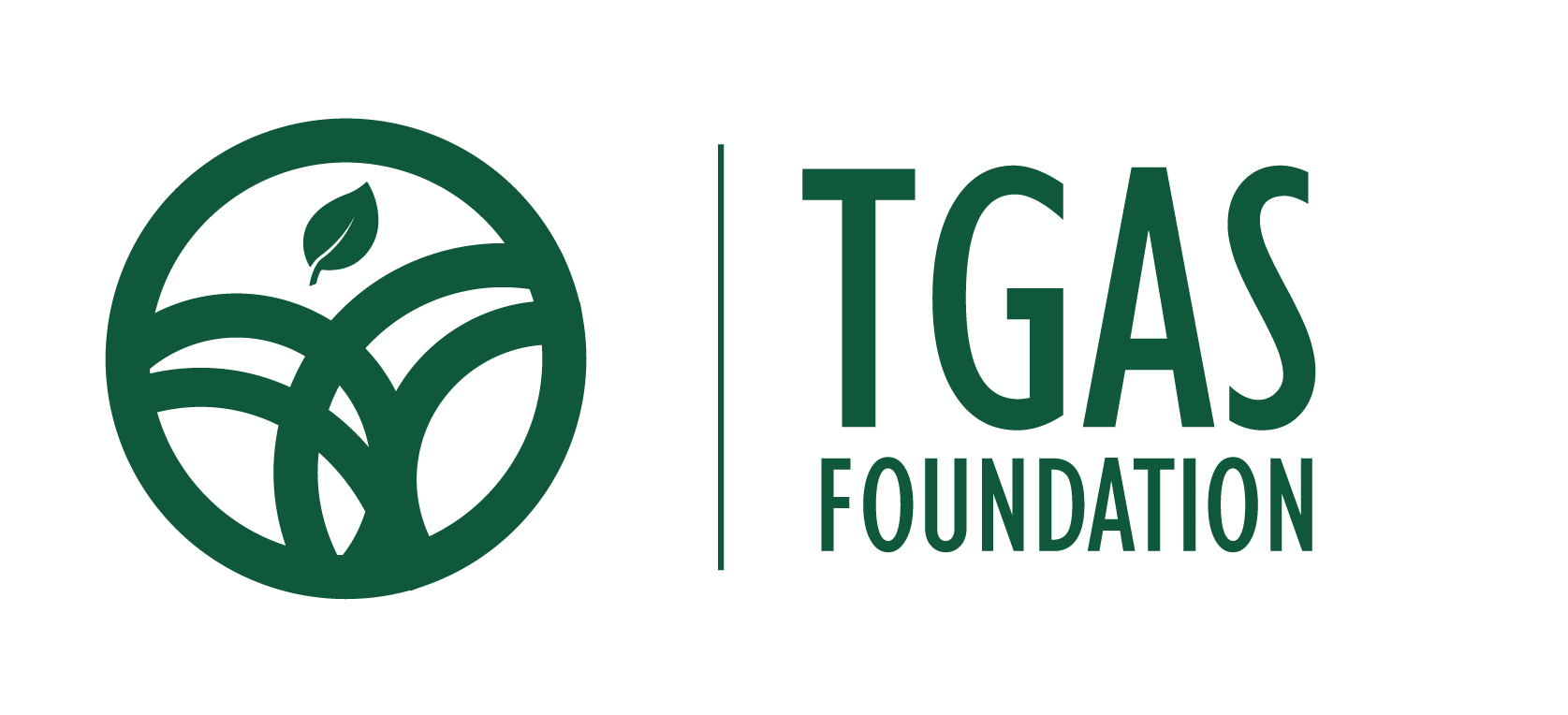When we think about pollution, we often imagine littered streets, overflowing bins, or illegal dumps. But what many don’t realise is that much of this waste eventually finds its way into the water we drink, cook with, and depend on every single day.
At TGAS Foundation, we see the direct connection between waste on land and the quality of our waterways — and the consequences are too serious to ignore.
From Street to Stream
It starts innocently enough — a plastic bag blown from a market stall, a discarded bottle rolling into a roadside gutter. But from there, the journey is predictable:
- Rainfall or wind carries waste into drains and gutters.
- These drains often connect to streams, rivers, and lagoons.
- Over time, waste builds up, blocking waterways and creating stagnant pools.
- As plastics degrade, they release toxins and break into microplastics, contaminating the water supply.
What begins as a small piece of litter can travel hundreds of kilometres, ending up in oceans or finding its way into local taps.
The Human and Environmental Cost
The impact of waste in waterways is both immediate and long-term:
- Health Risks: Polluted water can spread diseases like cholera and typhoid.
- Ecosystem Damage: Fish and marine life often ingest plastics, disrupting the food chain.
- Economic Loss: Communities that depend on fishing and tourism suffer when waters are polluted.
- Flooding: Blocked drainage systems cause urban flooding, destroying homes and infrastructure.
Breaking the Cycle
Protecting waterways starts with changing our habits and community practices. Here are some solutions that have worked in communities TGAS has worked with:
- Proper Waste Disposal: Use designated waste bins, and avoid dumping waste in open drains.
- Community Clean-Up Drives: Organised efforts to remove litter from streets and drainage systems before rains carry it into waterways.
- Waste-to-Value Initiatives: Encouraging recycling and reuse to reduce the amount of waste produced in the first place.
- Public Awareness Campaigns: Educating people on the link between waste and water pollution, so they make better daily choices.
Our Commitment
At TGAS Foundation, we’re committed to bridging the gap between waste management and water conservation. By running clean-up projects, training community members, and supporting schools to integrate environmental education, we are tackling this issue at both the grassroots and advocacy level.
When we protect our waterways, we’re not just safeguarding the environment — we’re protecting our health, our economy, and our future.
